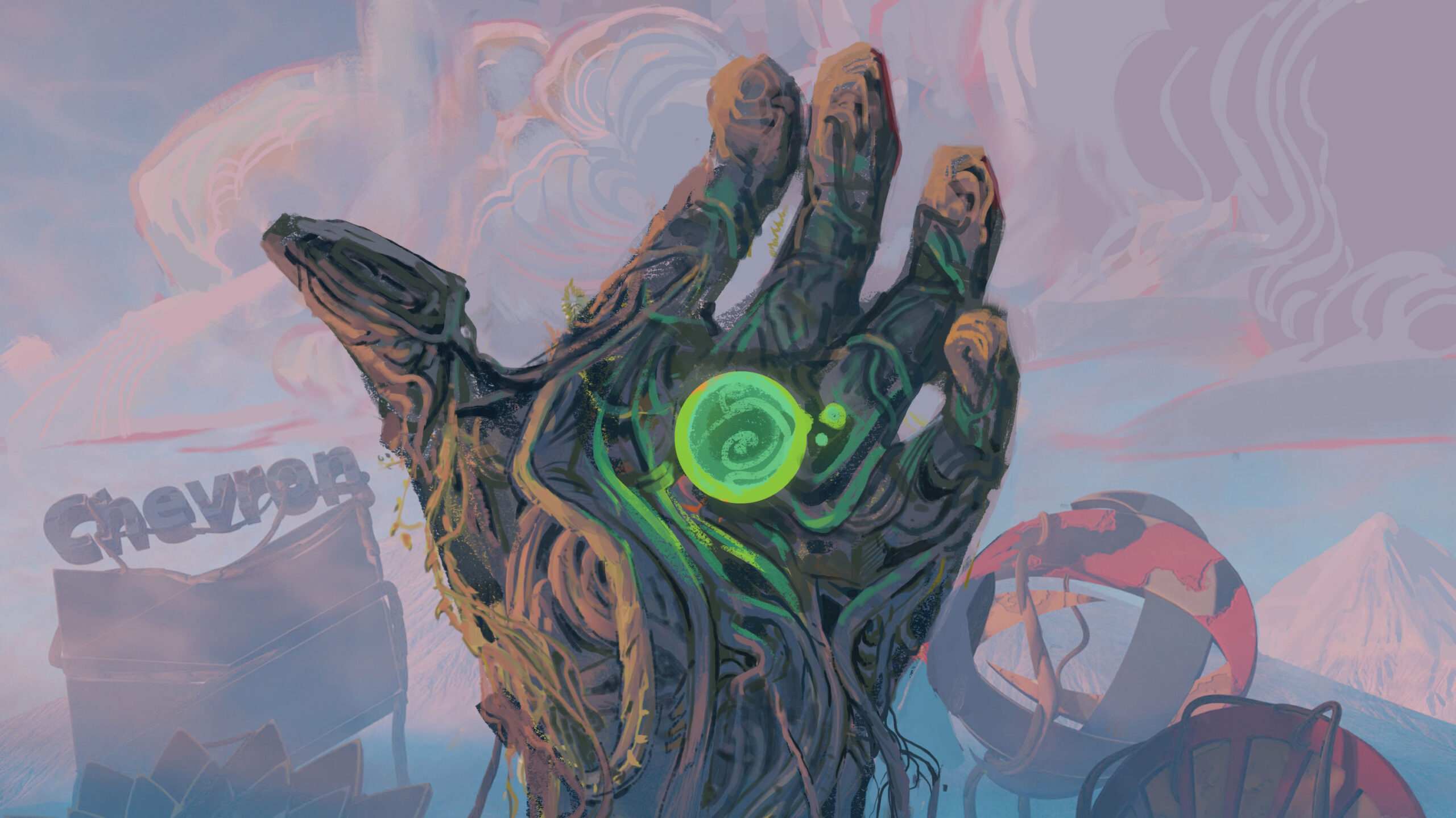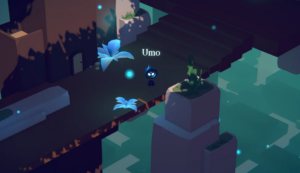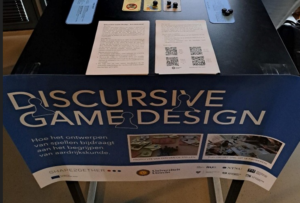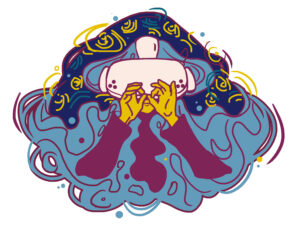
STRATEGIES is an acronym for Sustainable Transition for Europe’s Game Industries. It is one of three Horizo n Europe funded projects within the programme Cultural and creative industries for a sustainable climate transition (see CORDIS).
The focus of STRATEGIES is two-folded:
- The first aspect involves reducing the ecological impact and harm of game development, distribution, and consumption, for example by reducing greenhouse gas emissions. OR making the gaming industry cleaner and greener
- The second aspect centres on supporting game developers in using ecogames to engage diverse audiences with the climate crisis and sustainable futures. OR supporting the potential of the game industry to change players’ hearts and minds.
The topic of Ecogames (games and sustainability) is highly relevant for Utrecht University, because it combines two important research areas:
Links:
STRATEGIES: https://www.strategieshorizon.eu
Kick-off meeting: https://www.strategieshorizon.eu/initiatives/kick-off-meeting-at-utrechts-week-of-the-game
UU News: https://www.uu.nl/en/news/39-million-euros-for-a-greener-european-gaming-industry
CORDIS: https://cordis.europa.eu/project/id/101132538
- Focus area Game Research; since 01/01/2024 the Utrecht center for Game Research. The Faculty of Humanities launched the first official game courses in The Netherlands, in 1998 as part of the specialization (now master) New Media & Digital Culture. In Utrecht, in 2003 we organized the first big international conference of the newly created Digital Games Research Association (DiGRA), see: https://digra2003.org and https://digra2003.org/media.
- Pathways to Sutainability: one of the strategic themes of Utrecht University.
Gameresearch since… 1637!

A nice anecdote: In the 17th century the lawn game Pall-mall (known as Malie in Dutch), was very popular among students. It was so popular that Utrecht University, which was founded in 1636, and the city council created a dedicated alley for the game in 1637, the Maliebaan. This is the first example of games being important to Utrecht students and scholars.
See https://nl.wikipedia.org/wiki/Maliebaan_(Utrecht)




